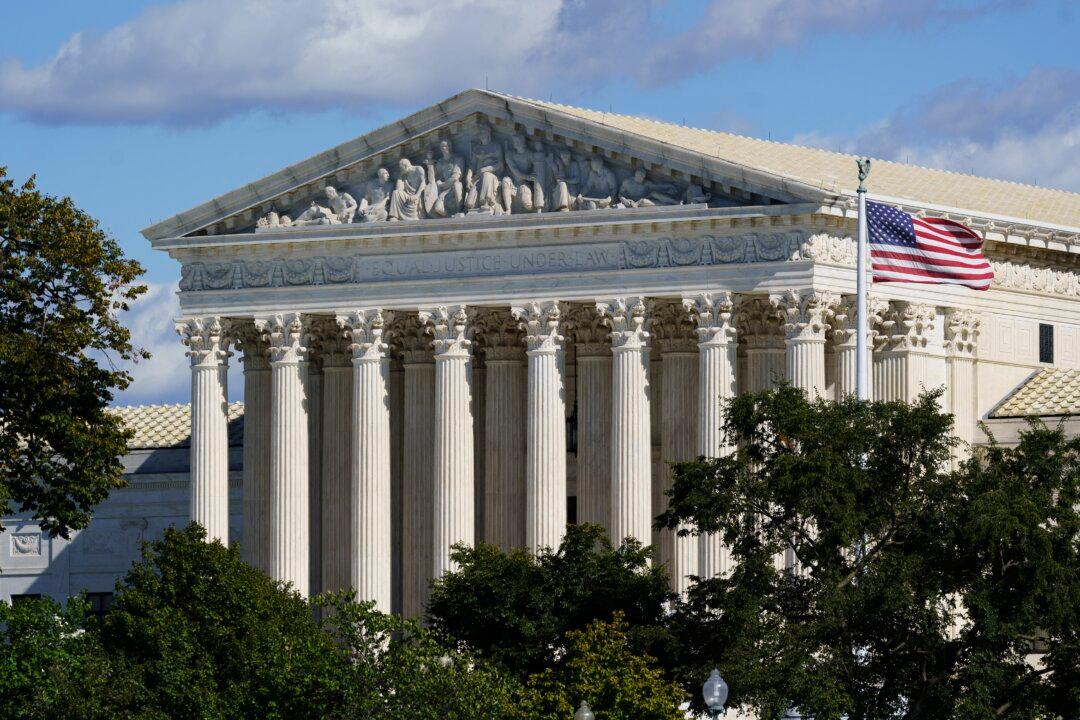The Supreme Court on Monday ruled against Mississippi’s claim that Tennessee was improperly taking water.
The case was filed years ago by Mississippi, which alleged that a Memphis-area utility provider was wrongly pumping groundwater from a portion of the Middle Claiborne Aquifer, which lies beneath eight states.





